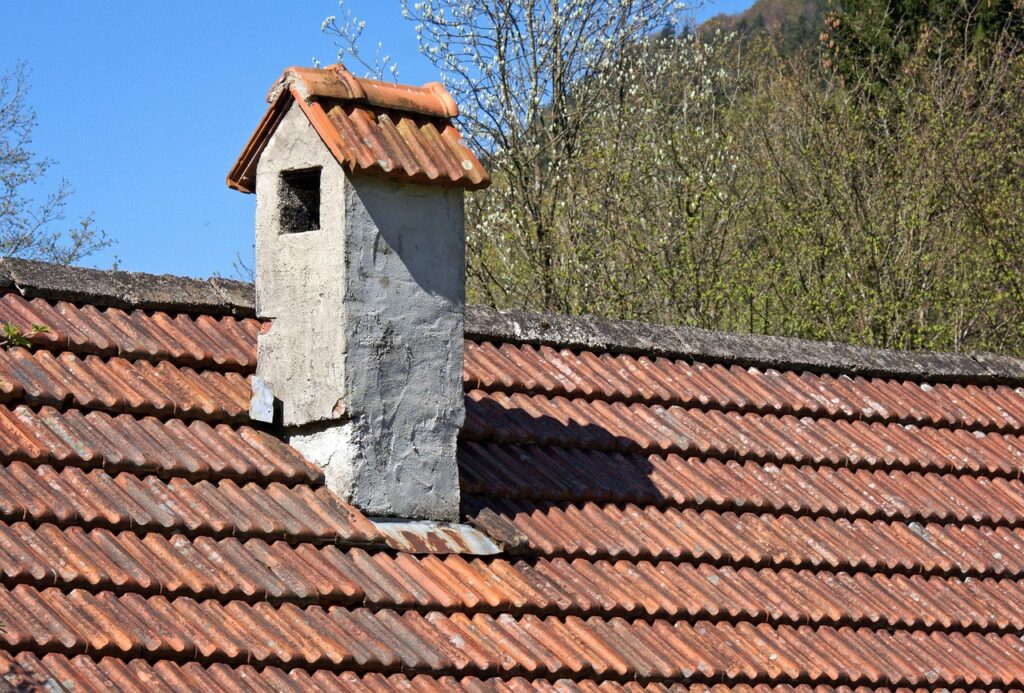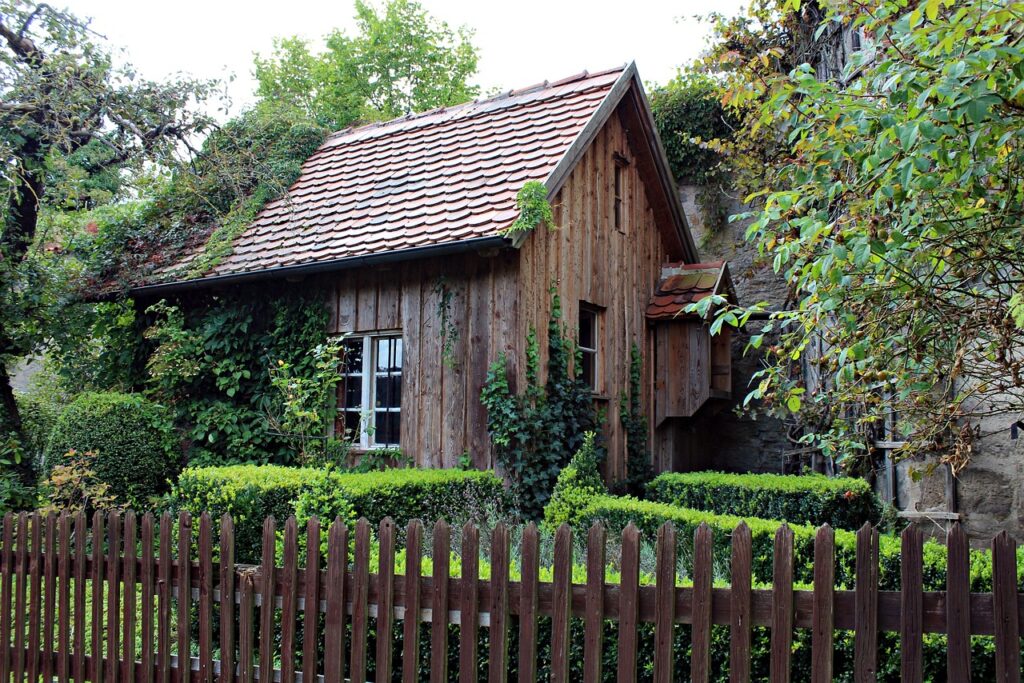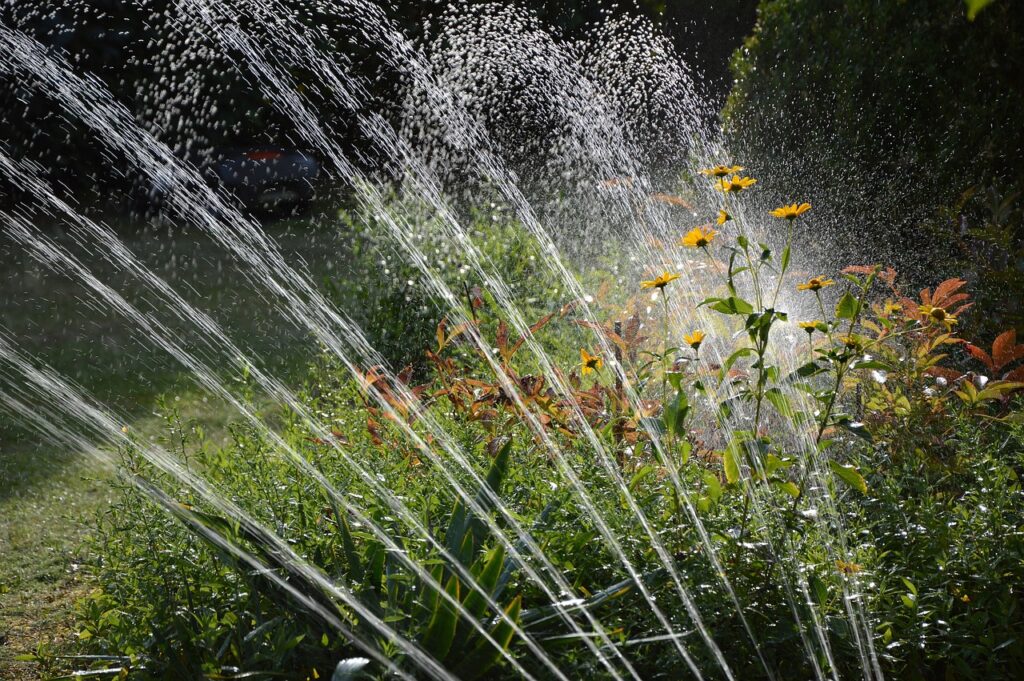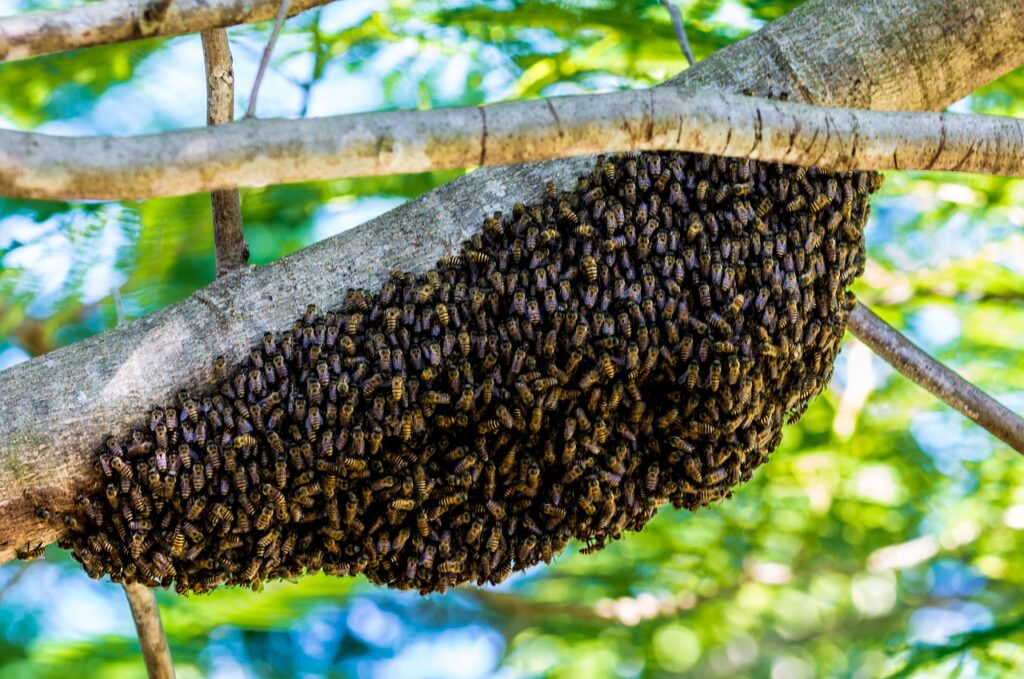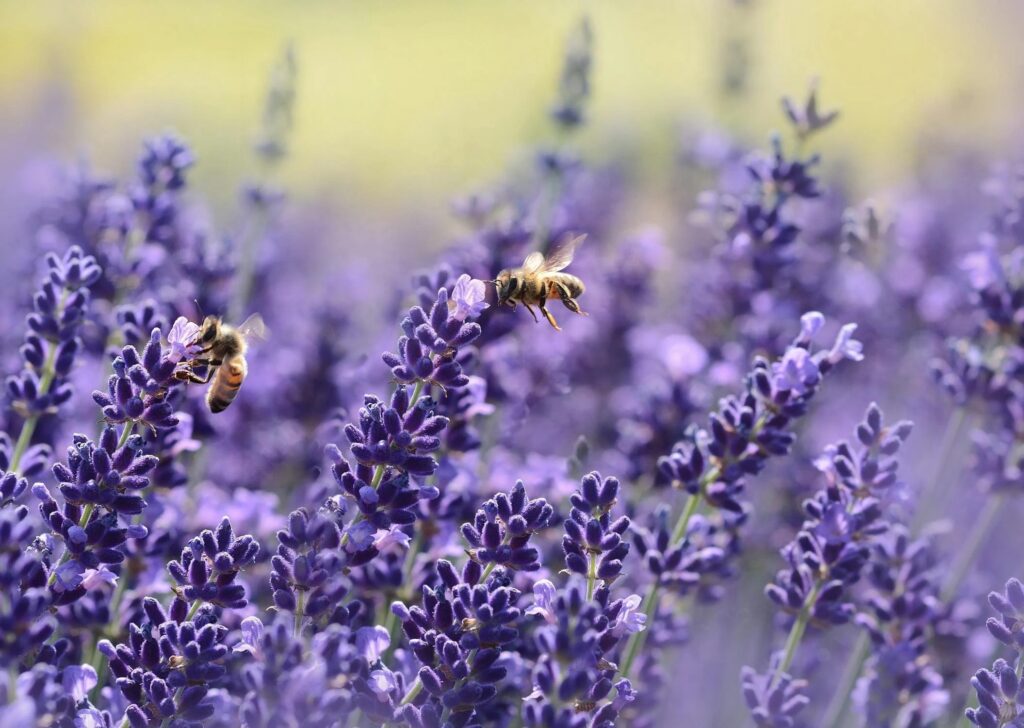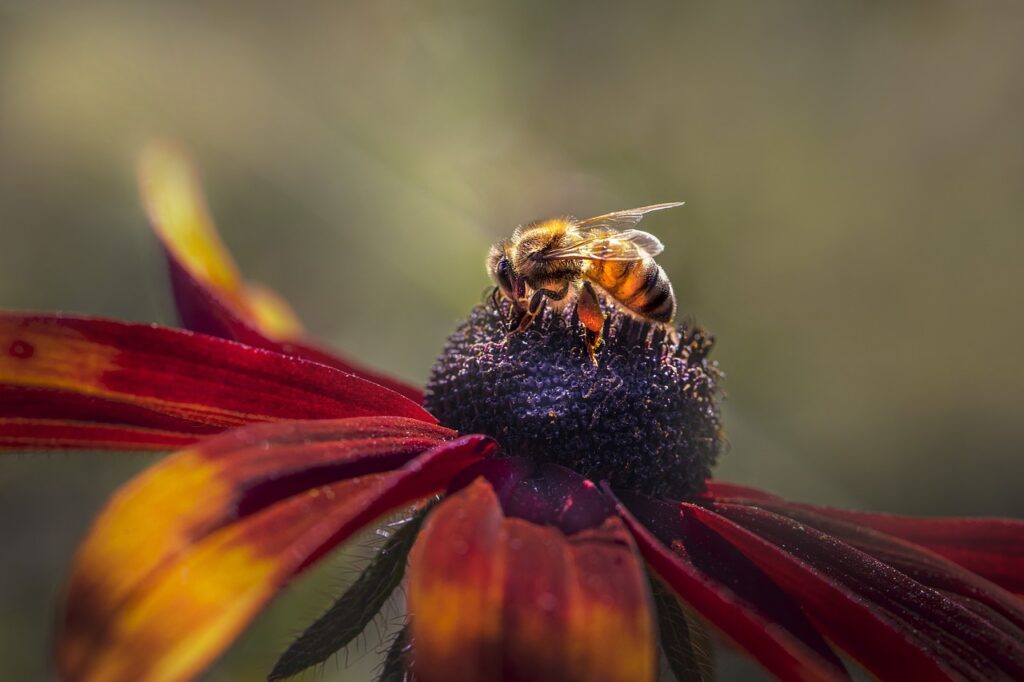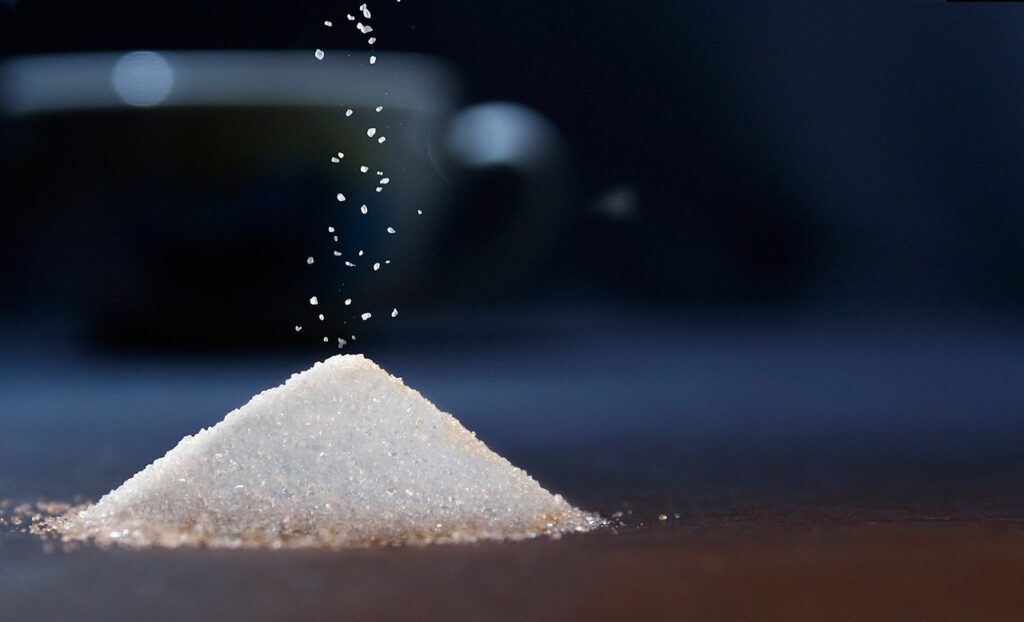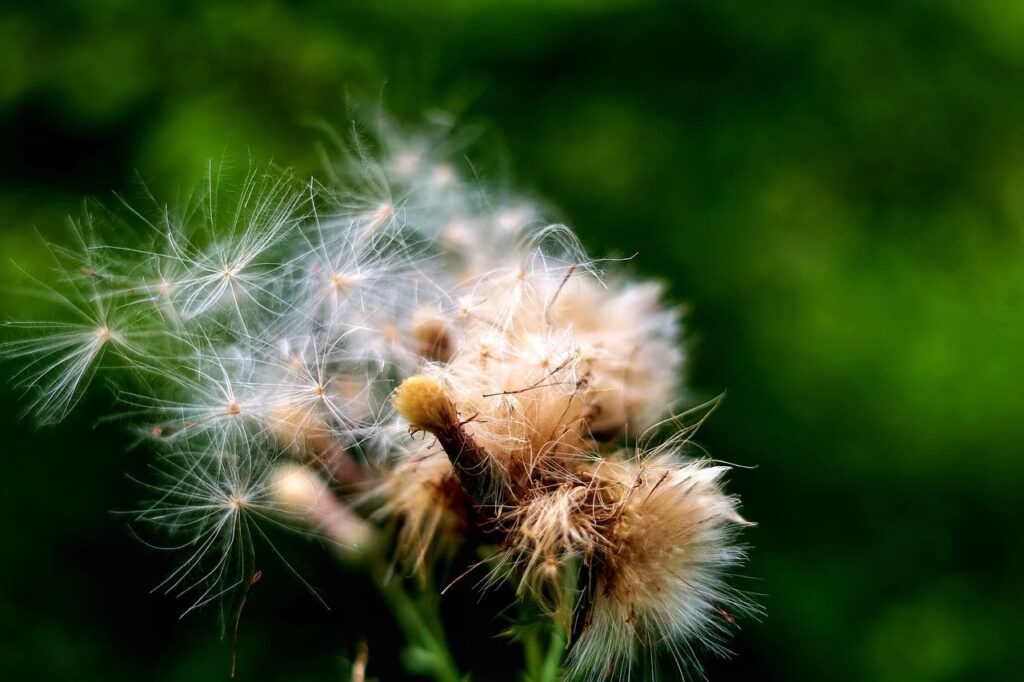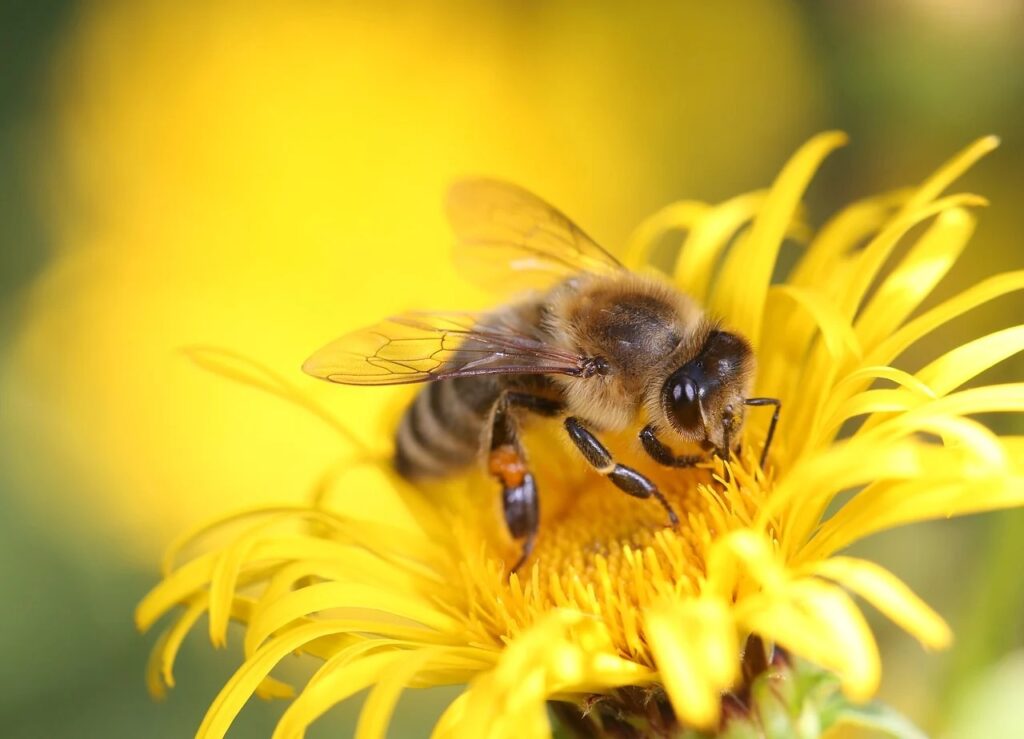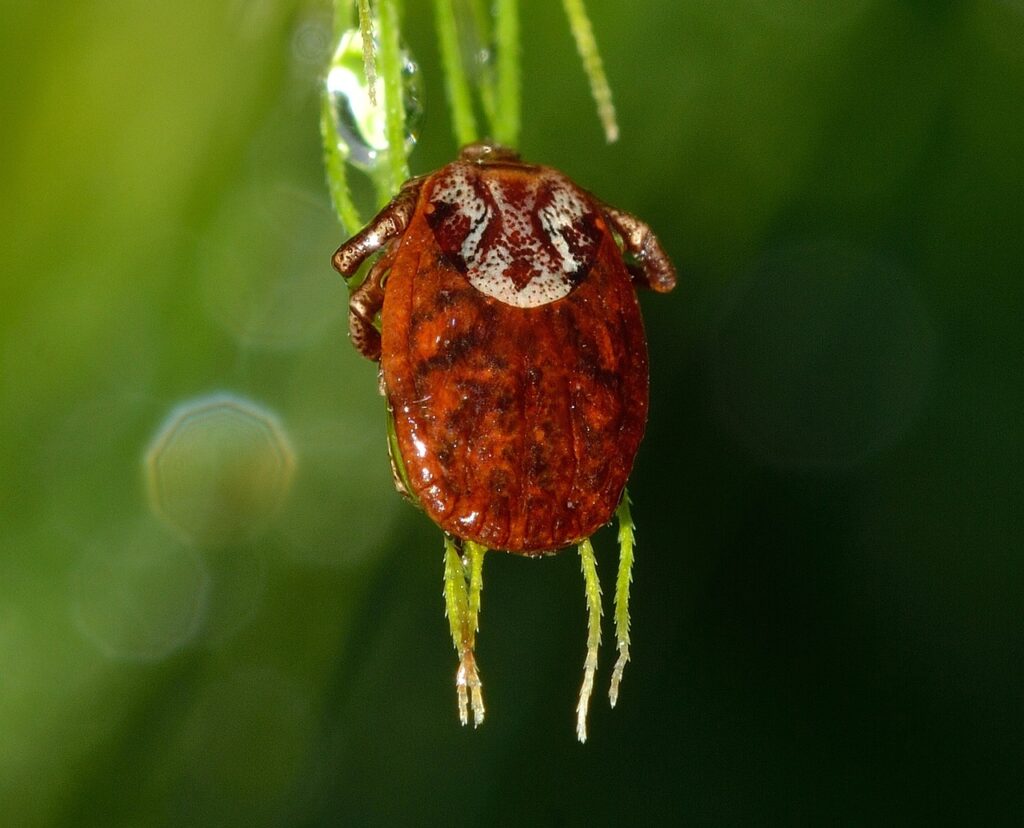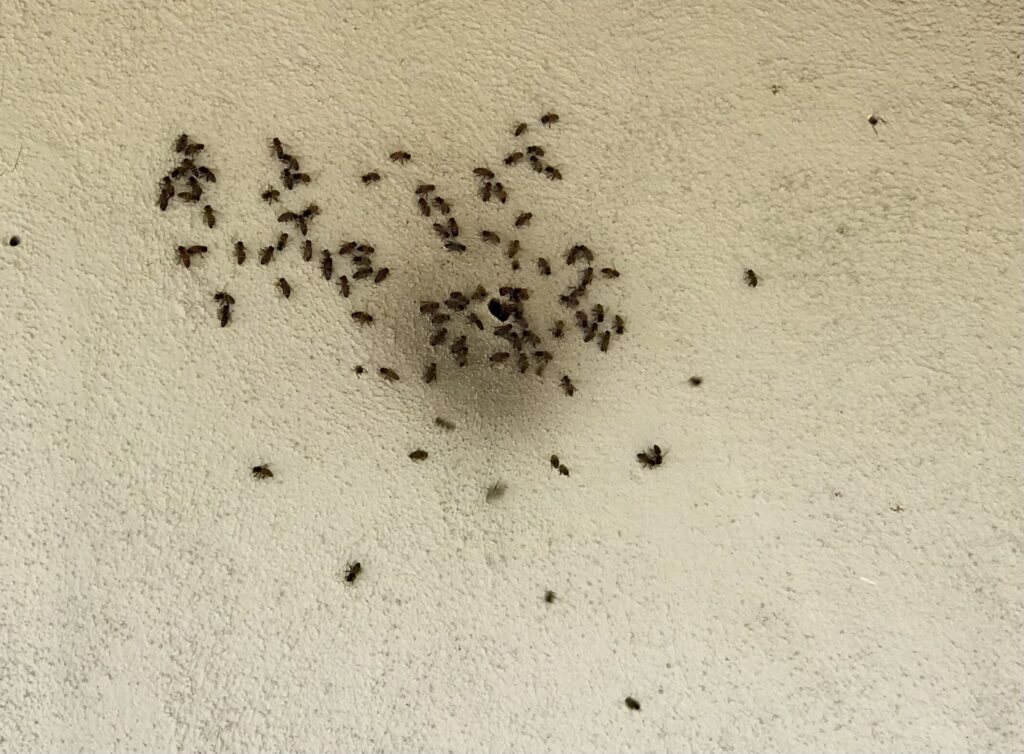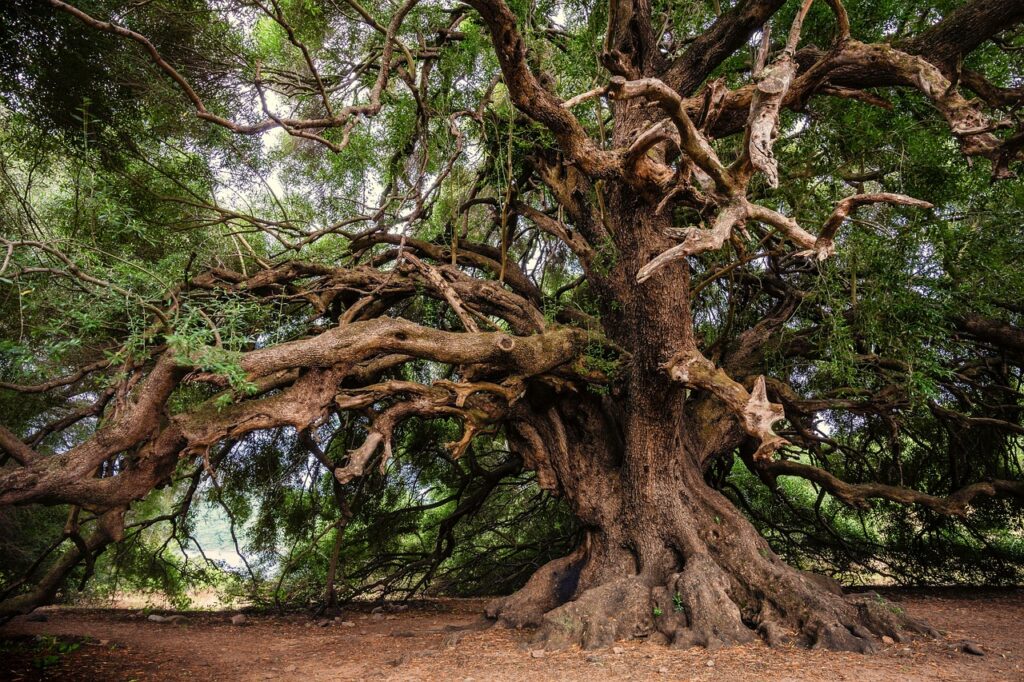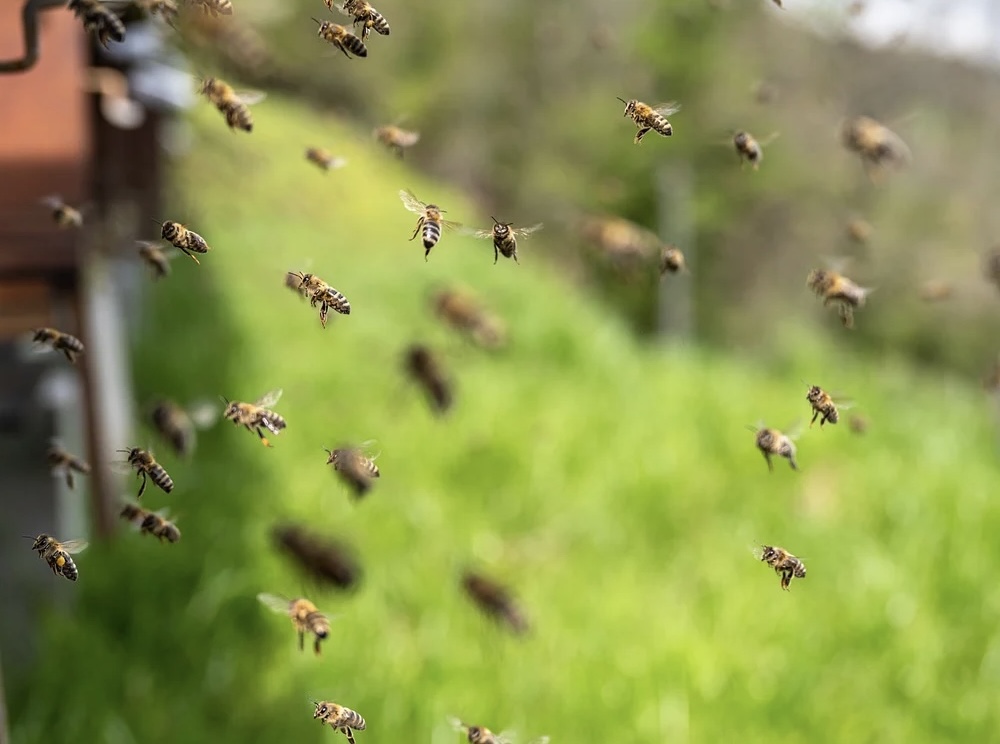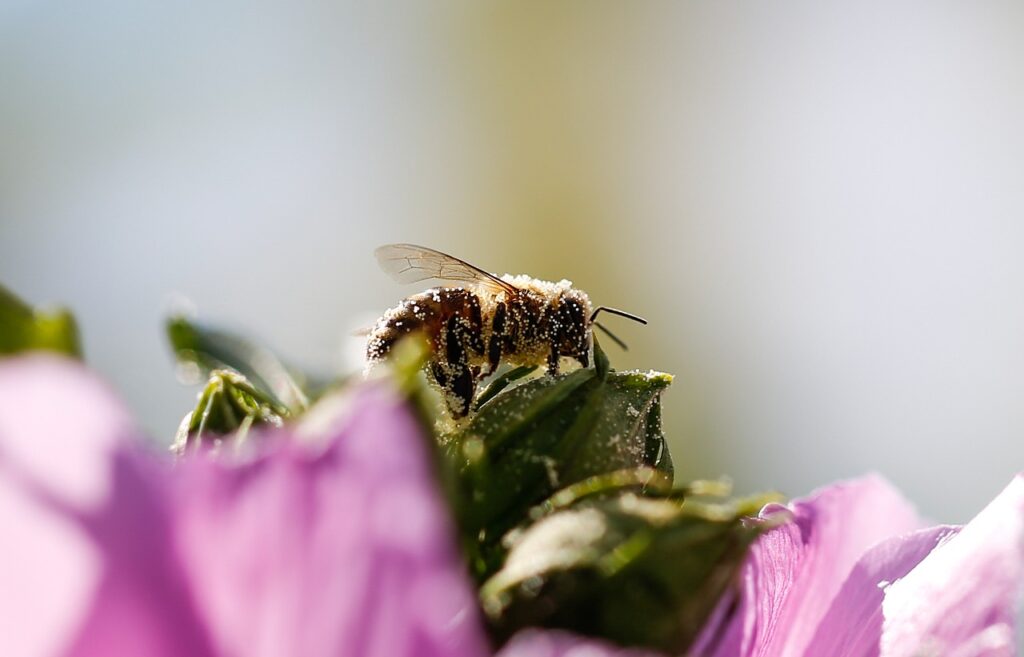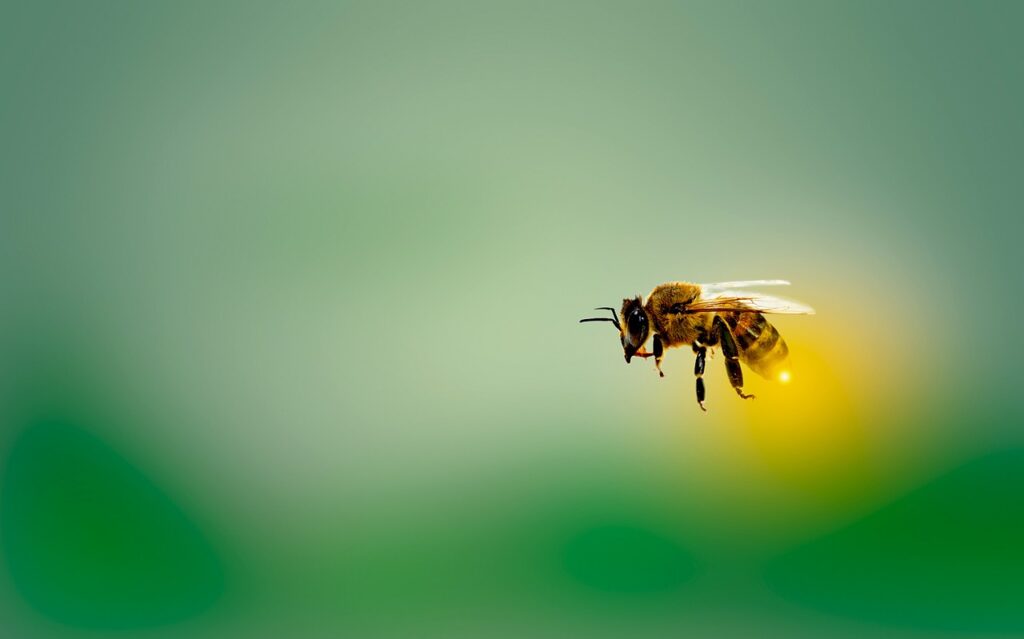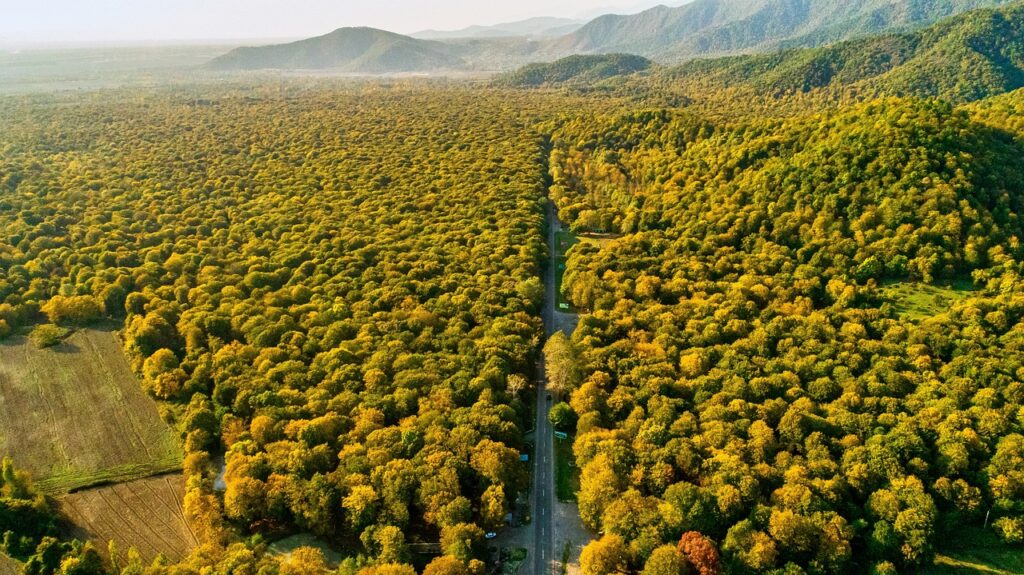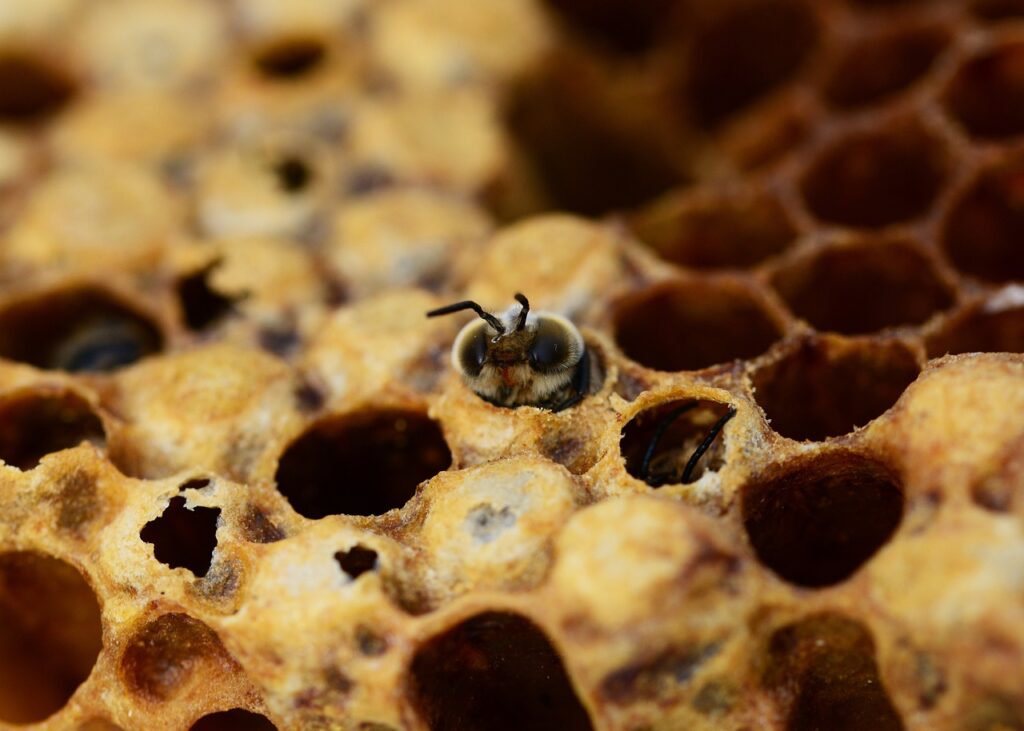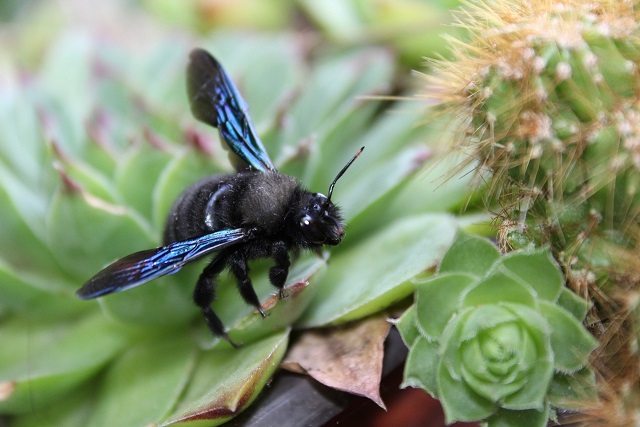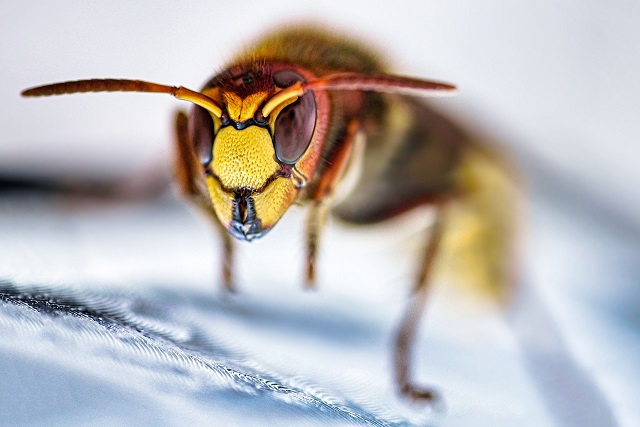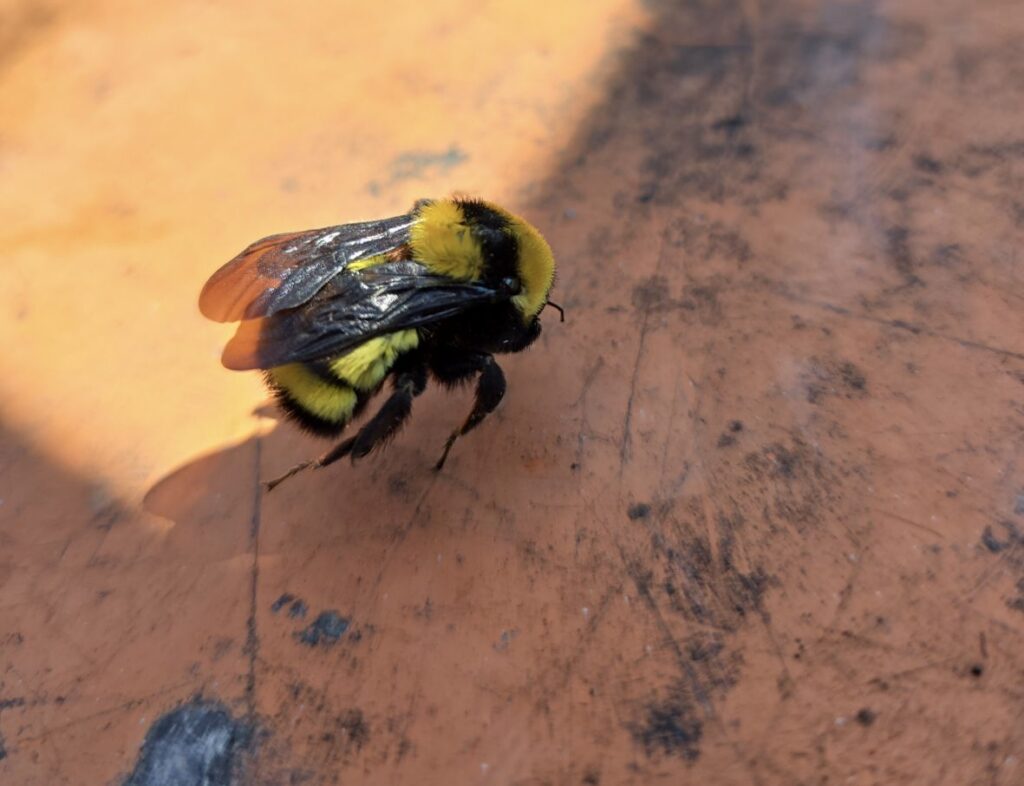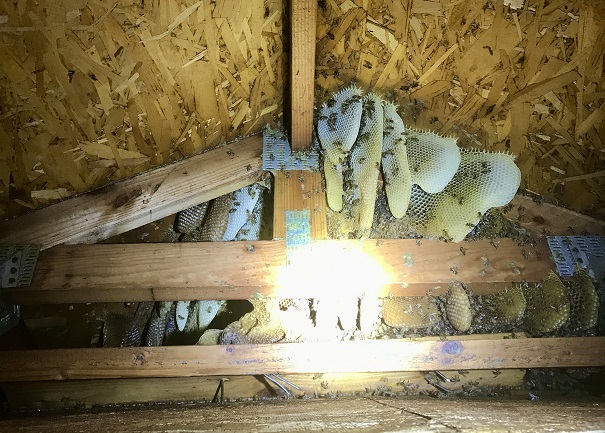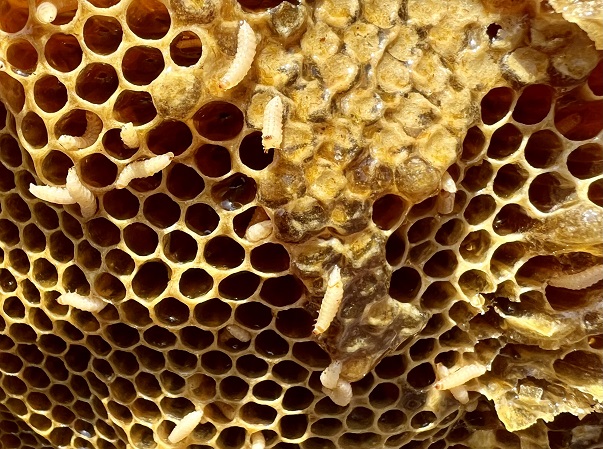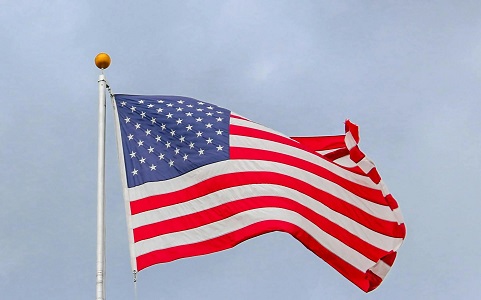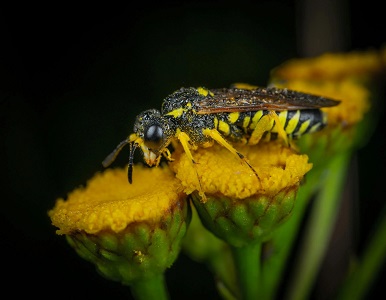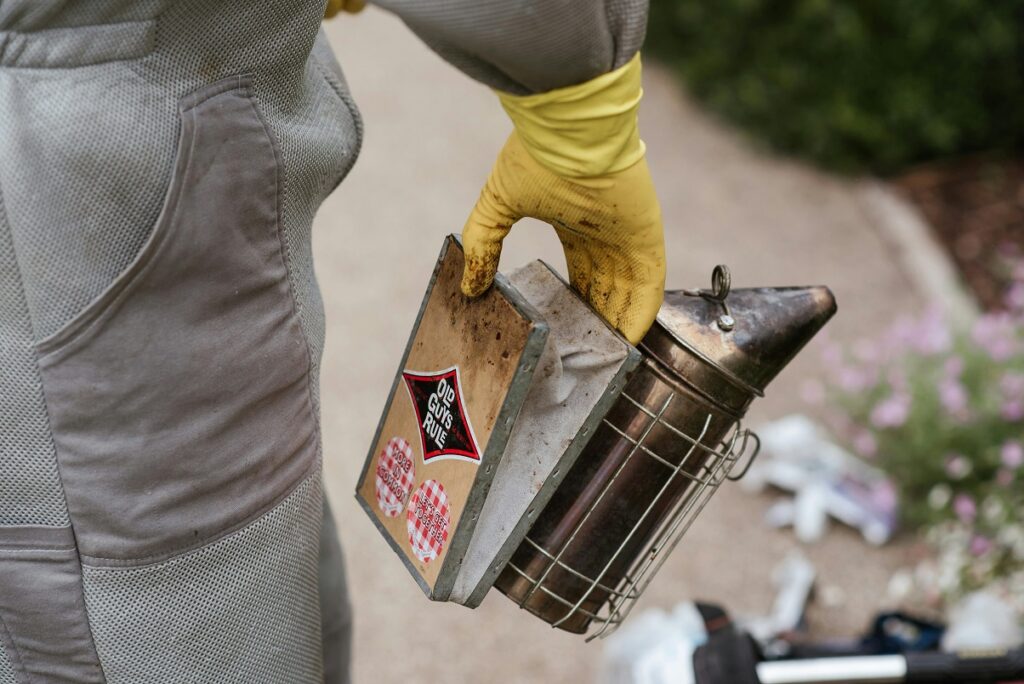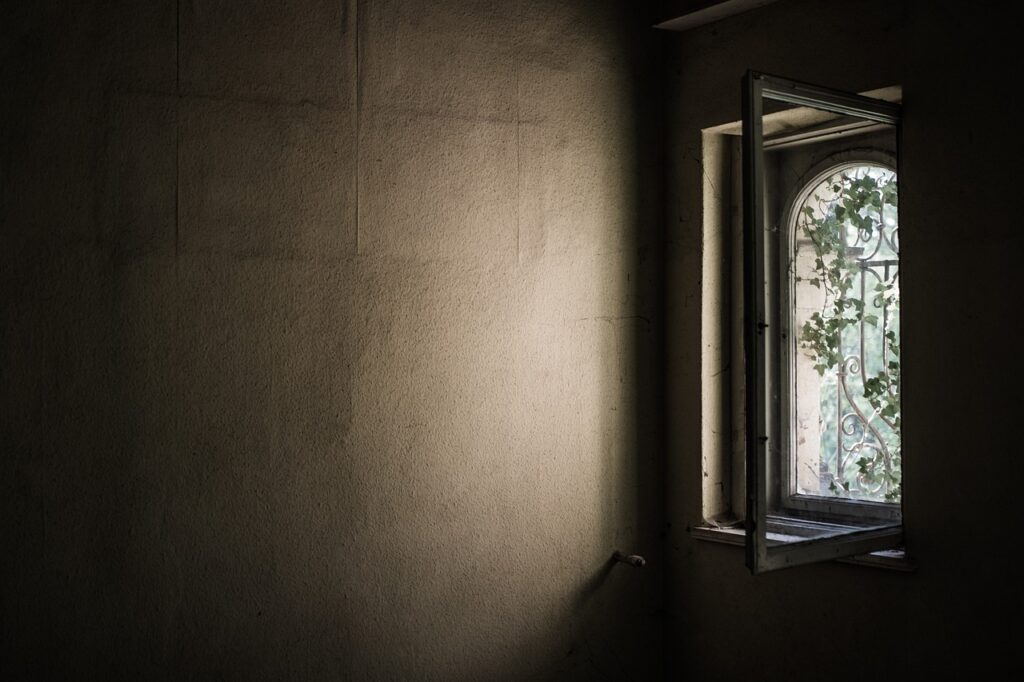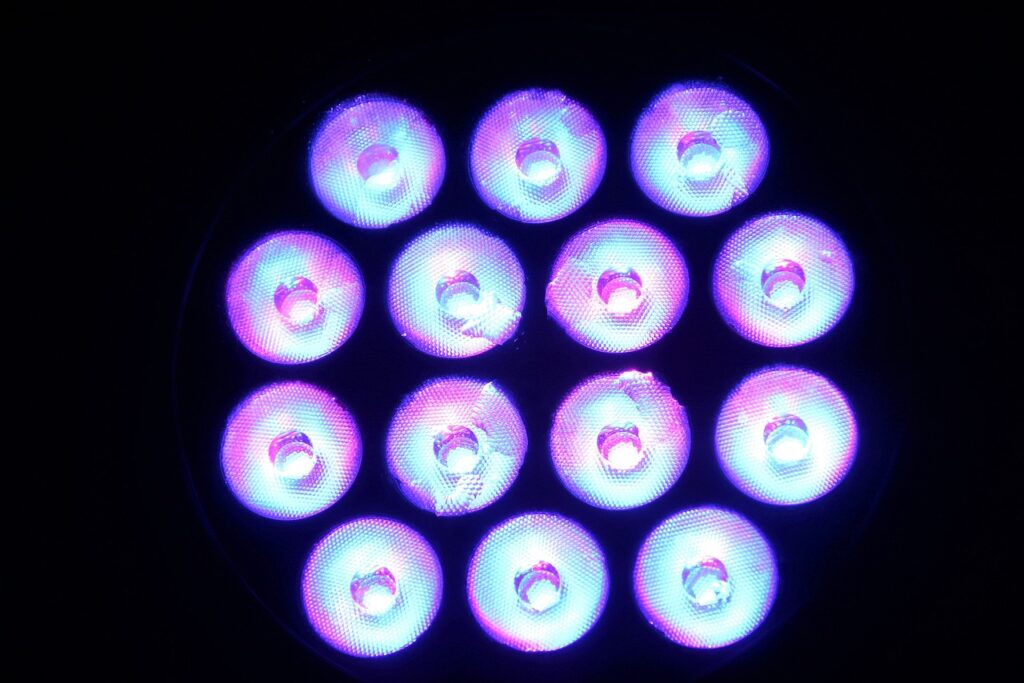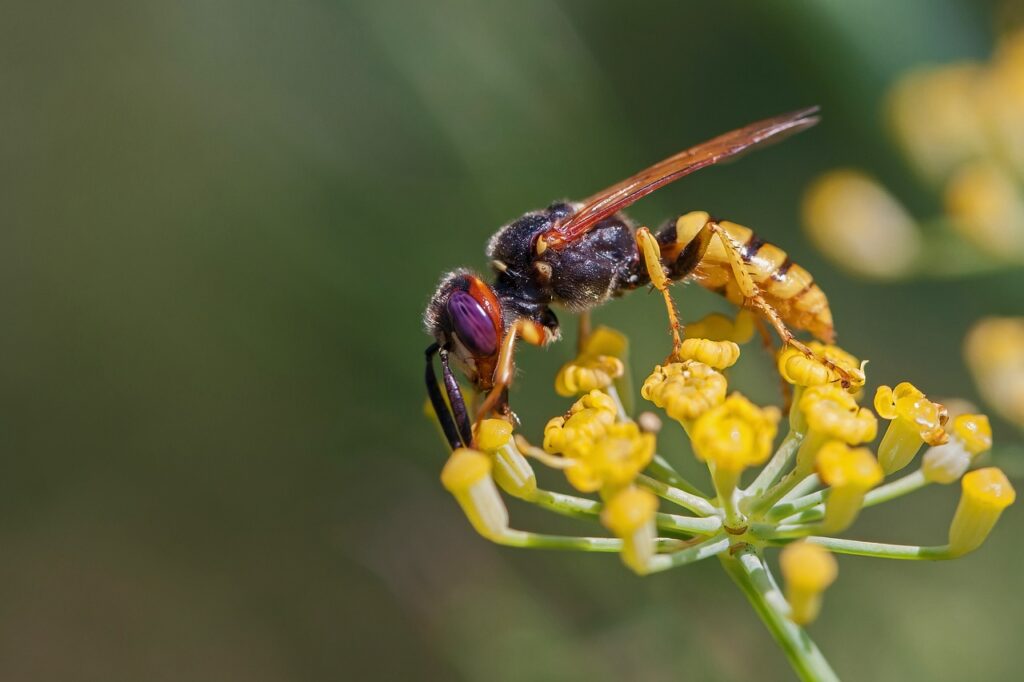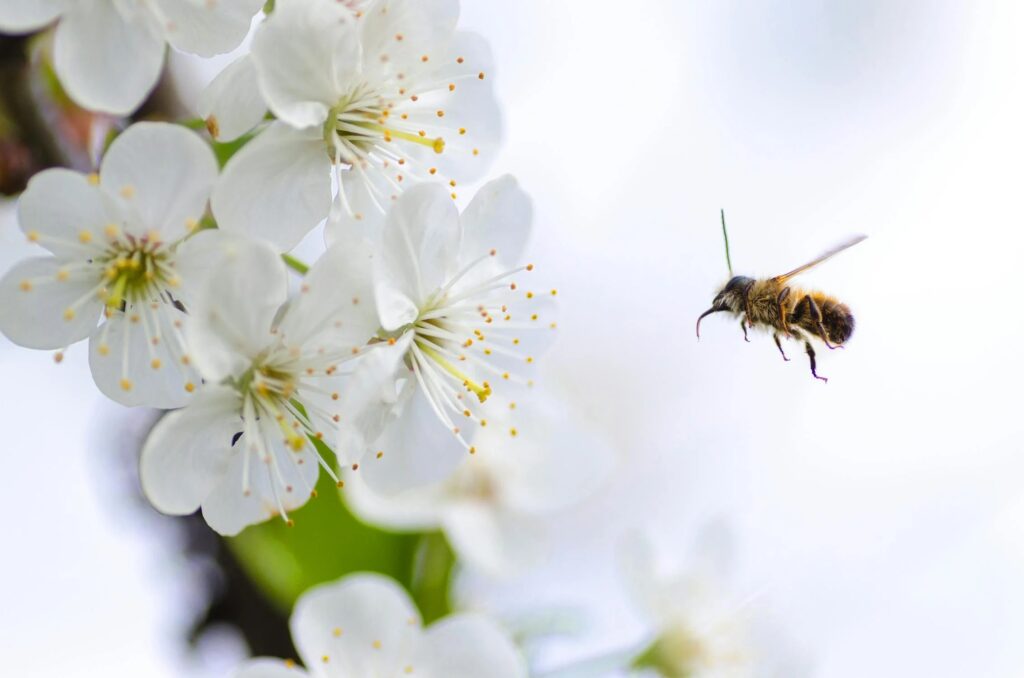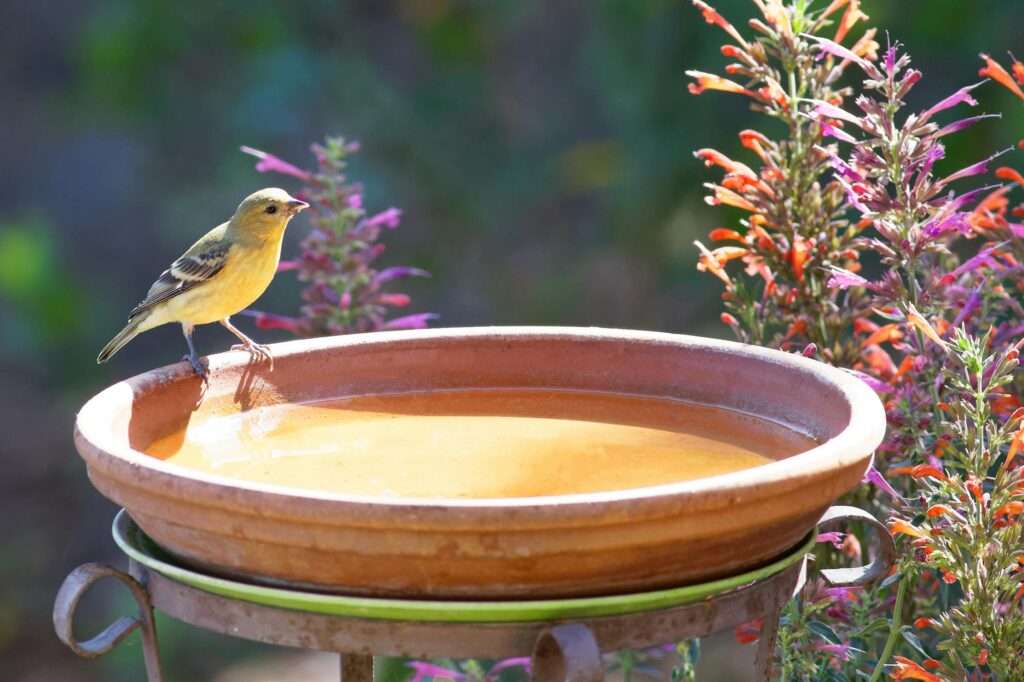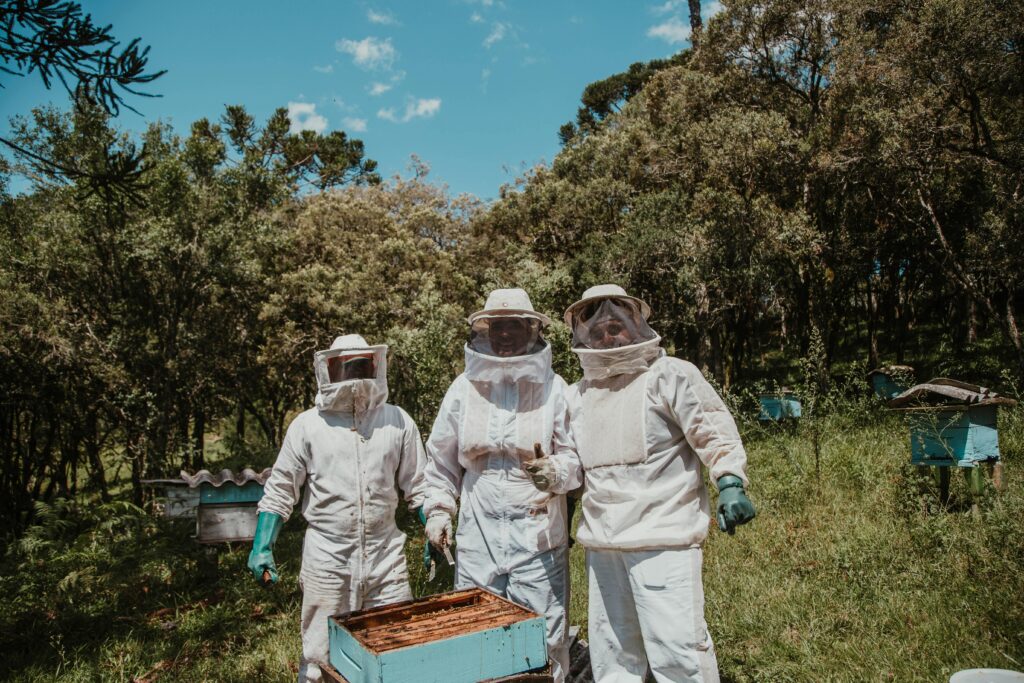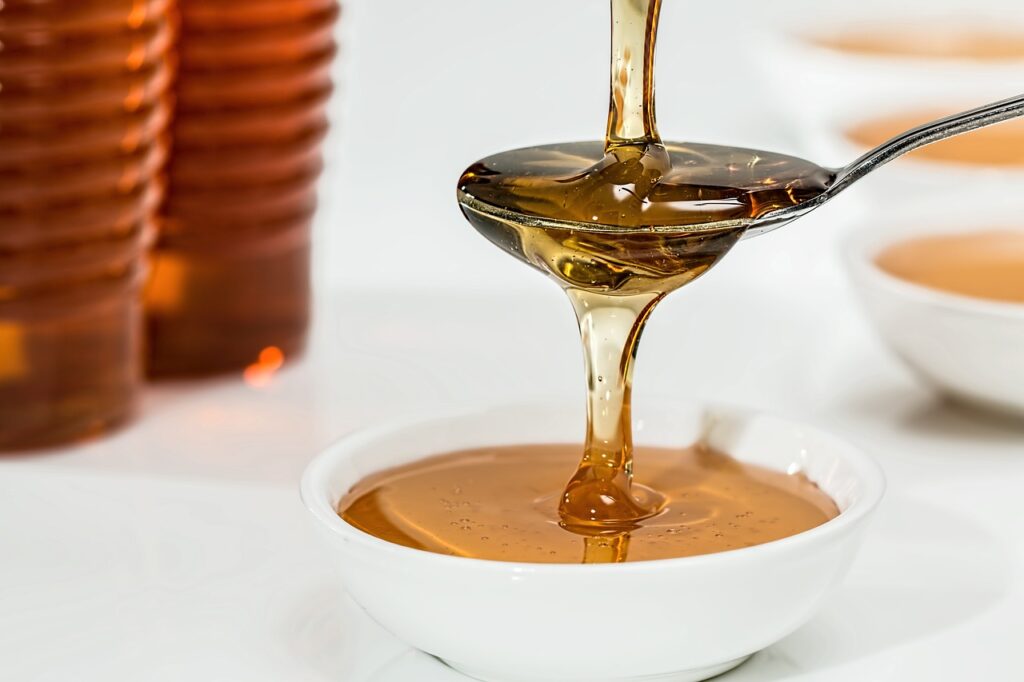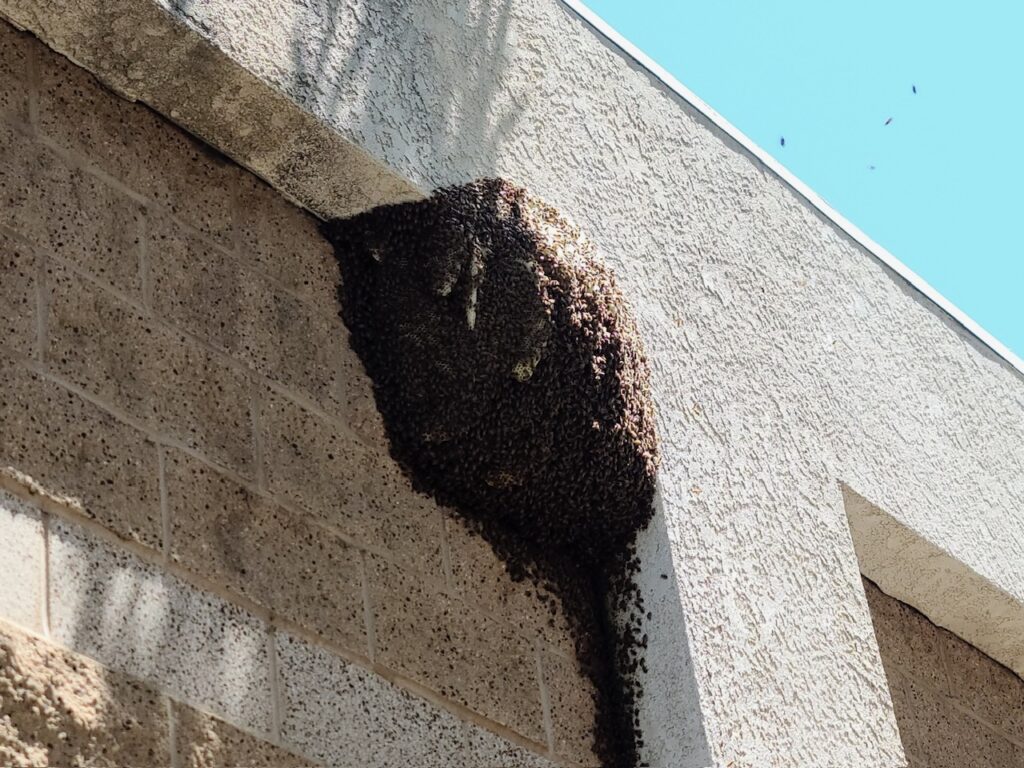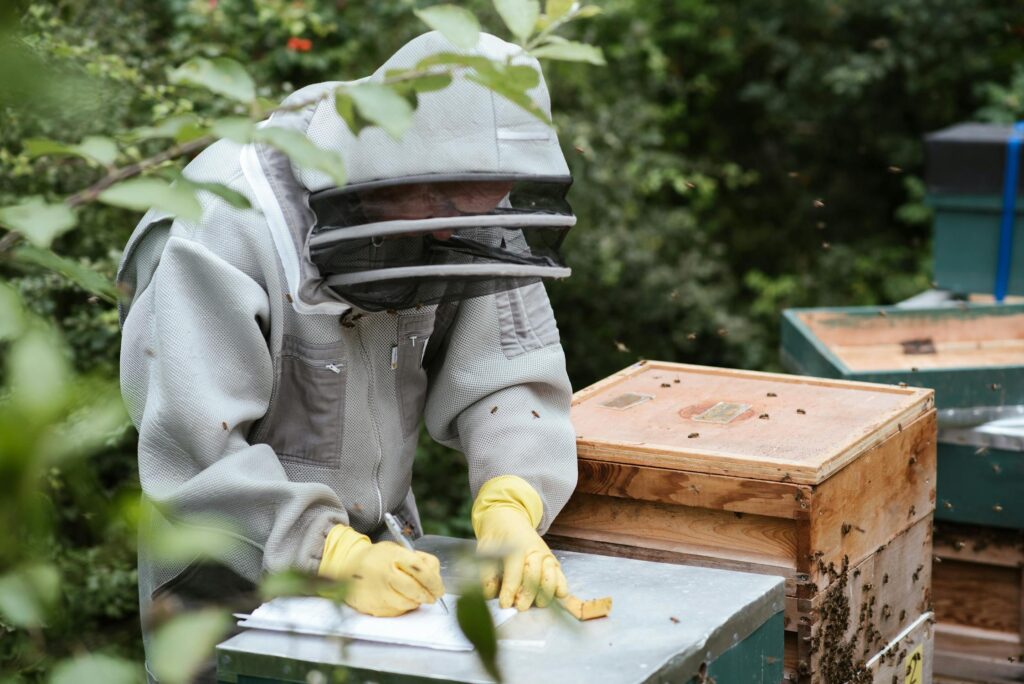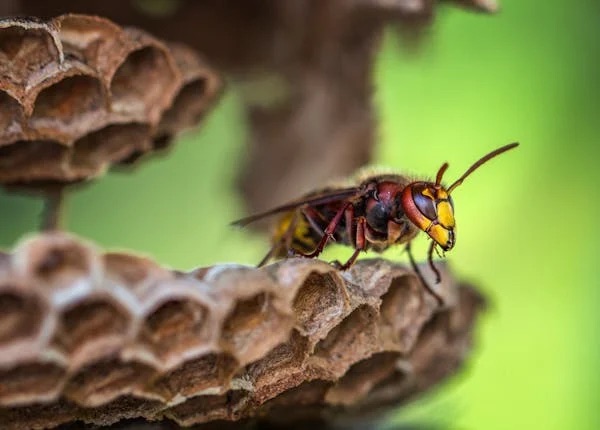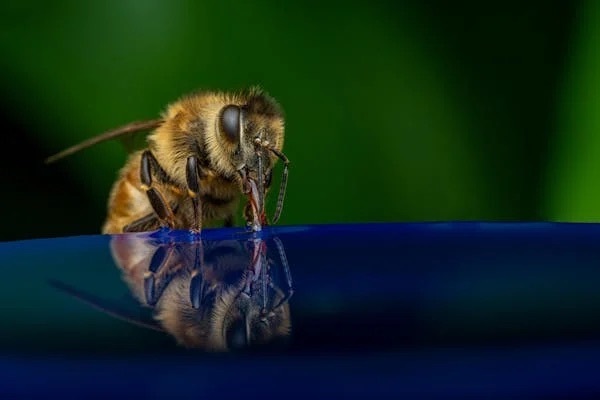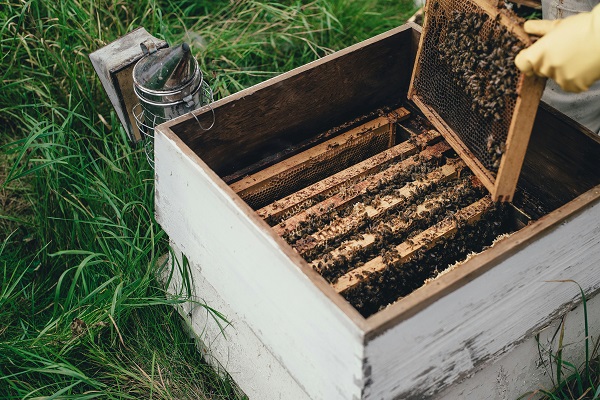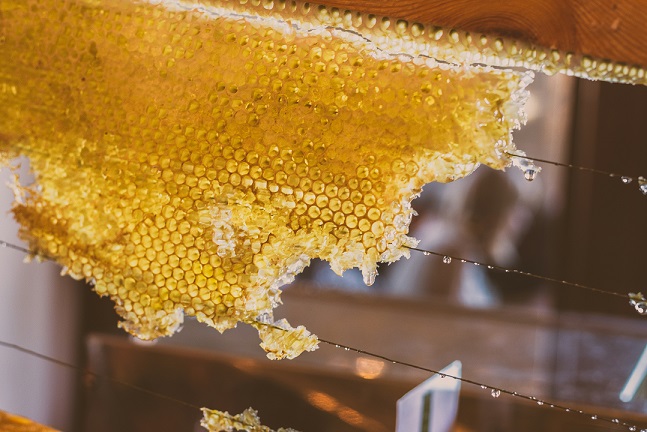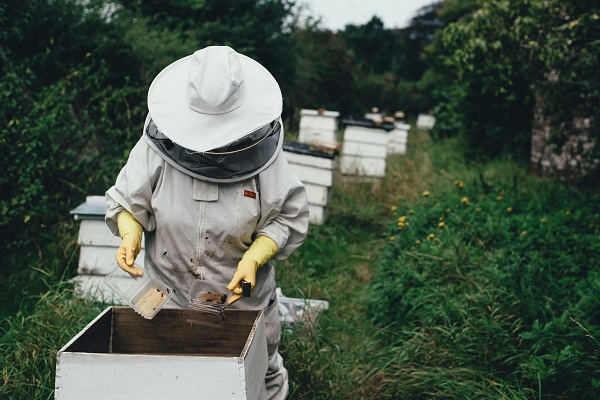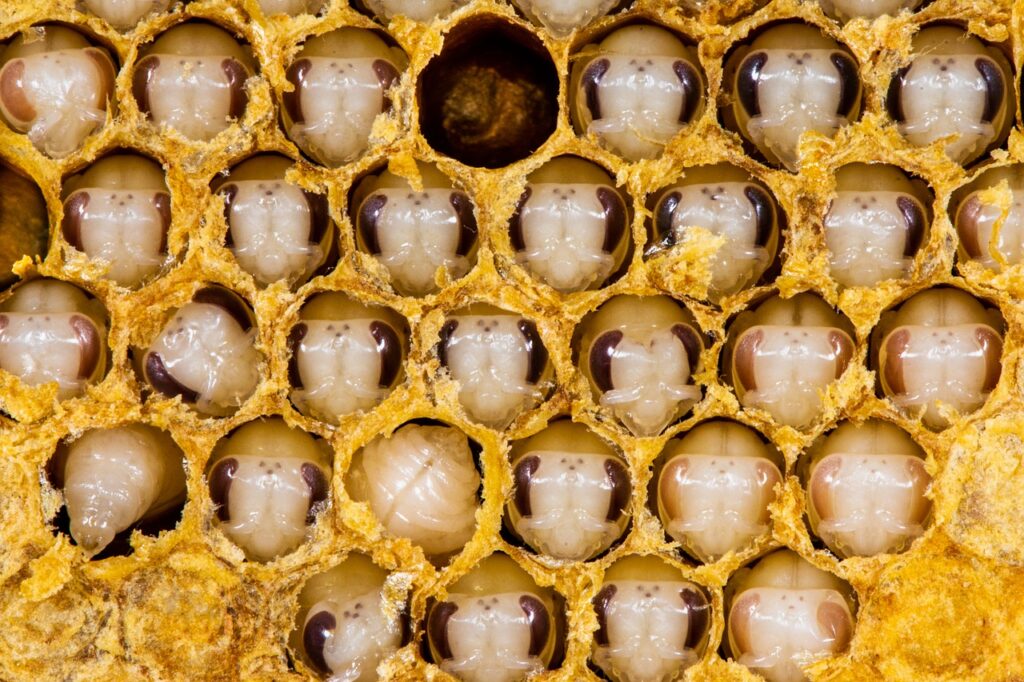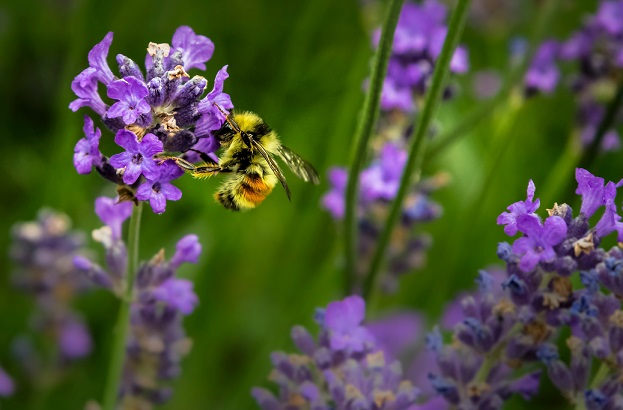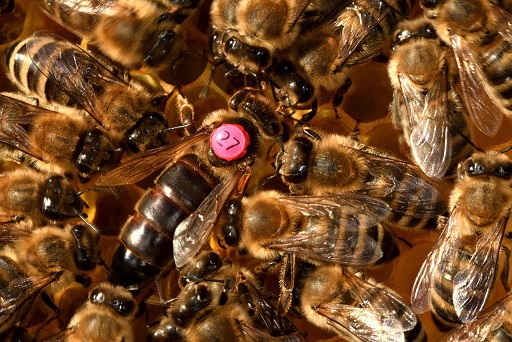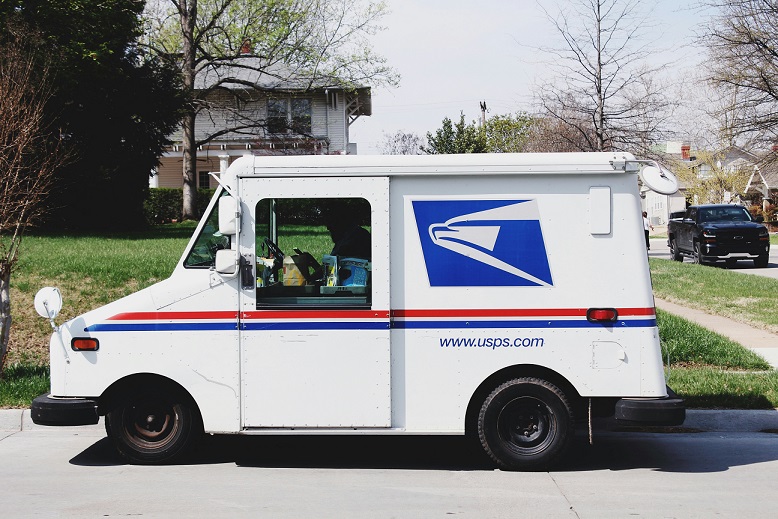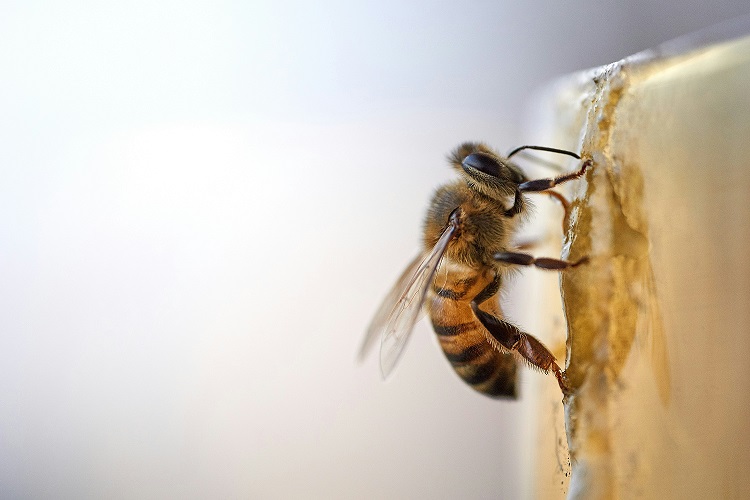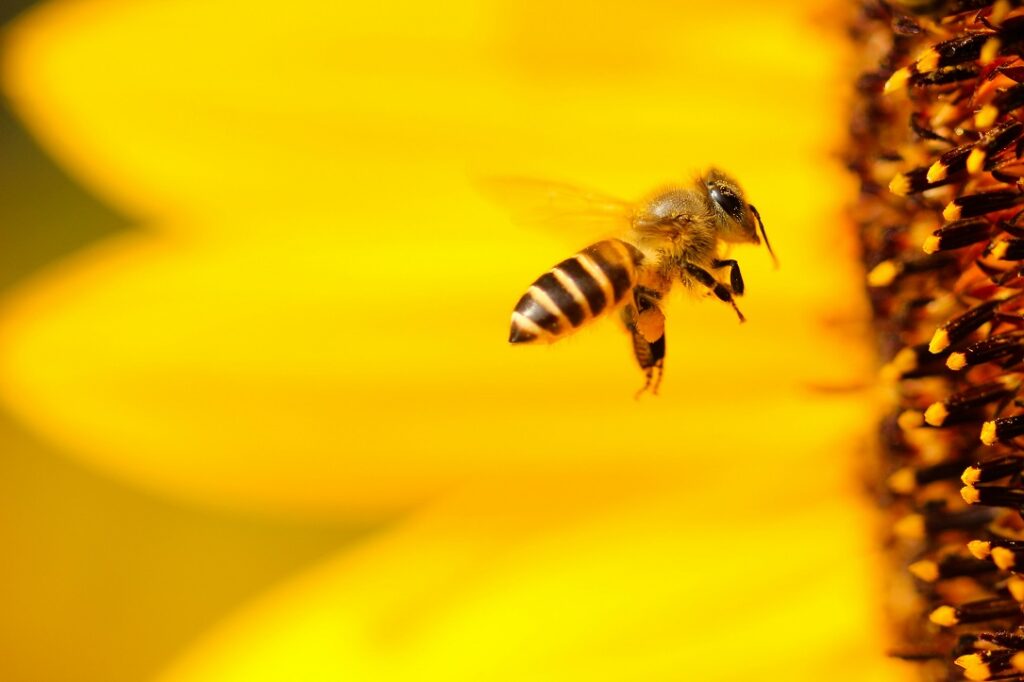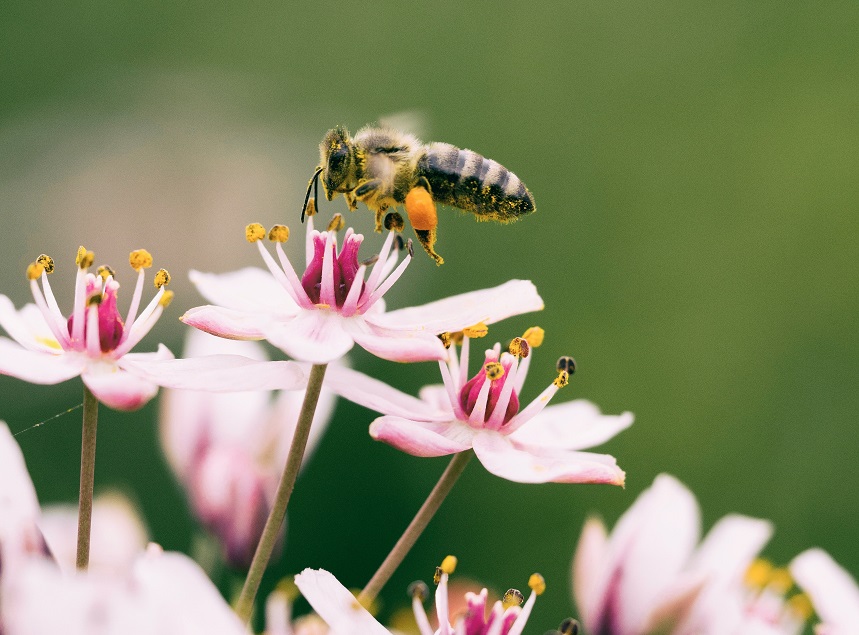Bees 14 days journey
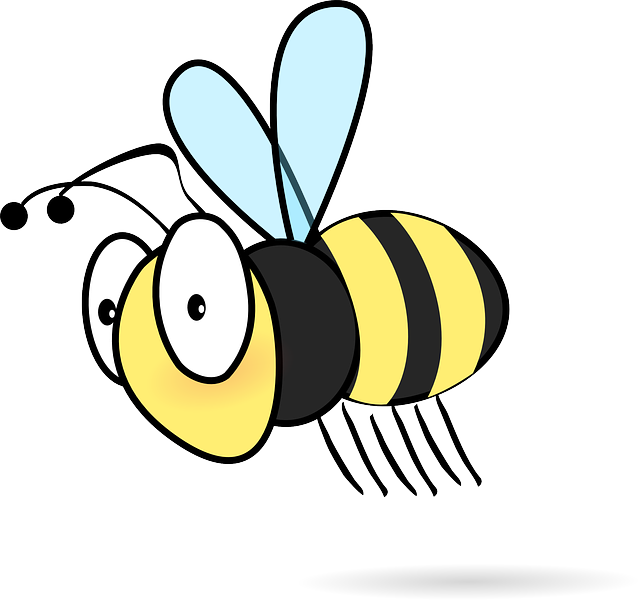


Bees, with their remarkable navigational skills and incredible foraging abilities, play a crucial role in pollinating plants and sustaining ecosystems. While bees are known for their efficiency in collecting nectar and pollen, there are instances where they may take longer than usual to return to their hive. One factor that can lead to bees taking up to 14 days to return home is a drought and limited nectar flow in their foraging area.
When bees go out to forage for nectar and pollen, they rely on their keen sense of smell, visual memory, and the sun’s position to navigate their surroundings and locate food sources. In areas experiencing a drought or limited nectar flow, bees may have to travel long distances in search of sufficient resources to sustain their colony. This extended foraging journey can result in bees taking longer to return to their hive, as they need to cover greater distances to find the necessary nourishment.
The scarcity of nectar and pollen during a drought can also impact the efficiency of bees’ foraging trips. Bees may need to explore a larger area to find flowers with adequate resources, spending more time searching and collecting nectar before heading back to the hive. As a result, the round trip foraging journey can take longer than usual, with bees potentially taking 10-14 days to return home.
Additionally, the effects of a drought on the landscape can force bees to adapt their foraging behavior and explore new territories in search of food. Bees are known to be resilient and adaptable when faced with challenges such as limited resources. In response to a scarcity of nectar and pollen in their immediate vicinity, bees may venture further away from their hive, venturing into unfamiliar territories to find sustenance. This exploration of new foraging grounds can lead to longer foraging trips and delayed return times for the bees.
Furthermore, the environmental conditions during a drought, such as high temperatures and lower humidity, can also influence bees’ foraging patterns and energy levels. Bees may need to take frequent breaks to rest and regulate their body temperature as they navigate through hot and dry landscapes in search of food. These factors can contribute to the extended duration of their foraging trips and the time it takes for them to return home.
Bees may take up to 14 days to return home due to factors such as drought and limited nectar flow in their foraging area. The scarcity of resources can necessitate bees to travel long distances, explore new territories, and adapt their foraging behavior to ensure the survival of their colony.
